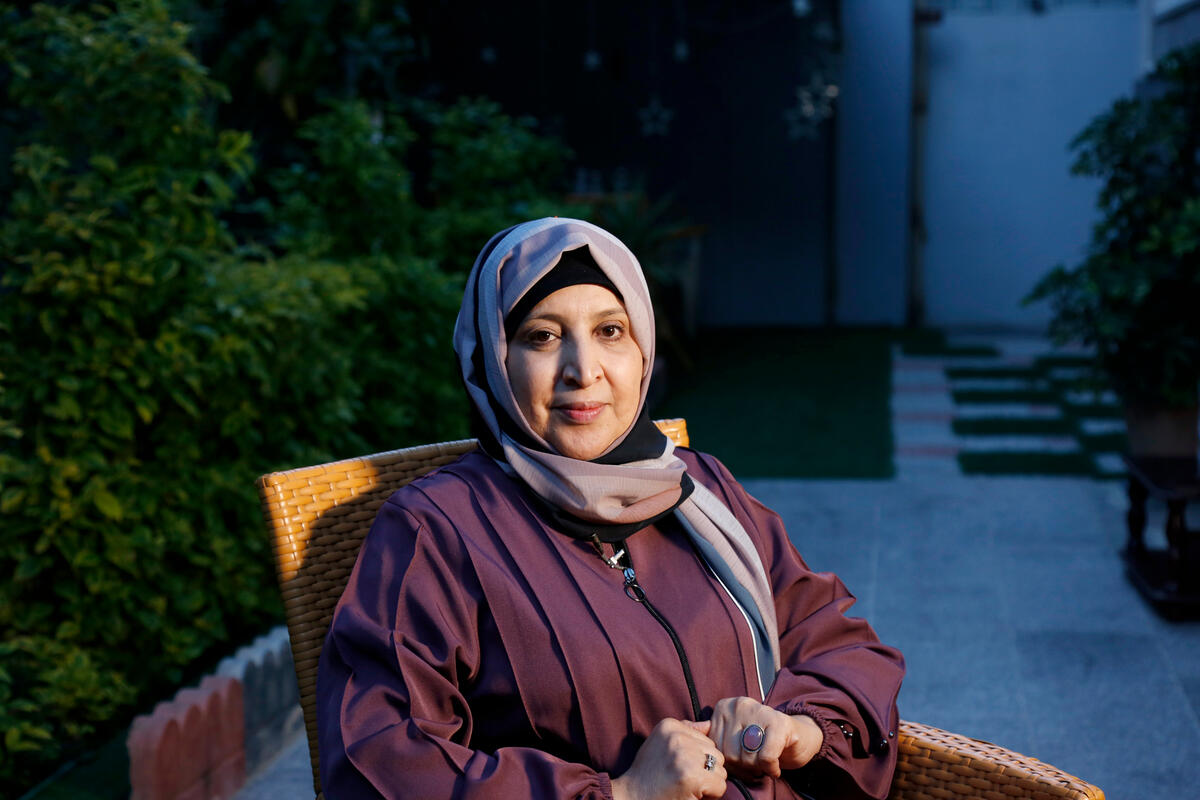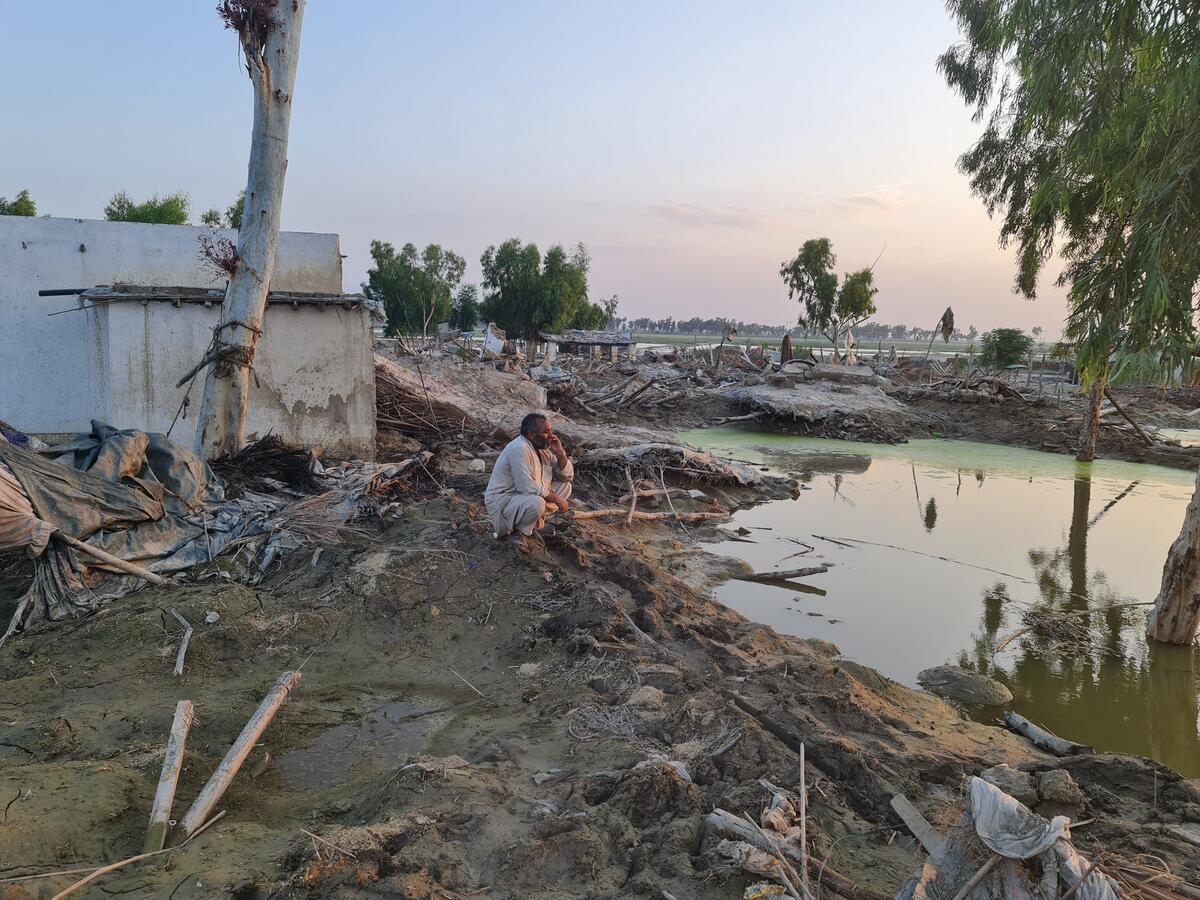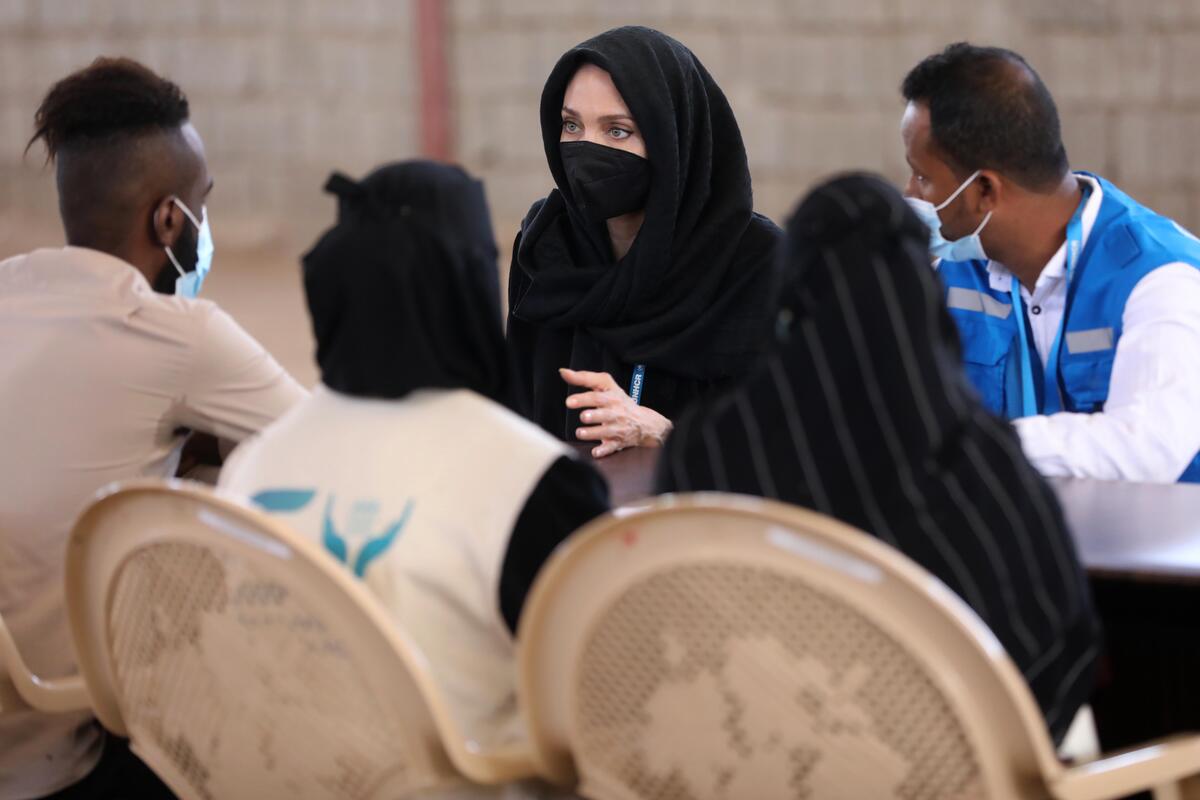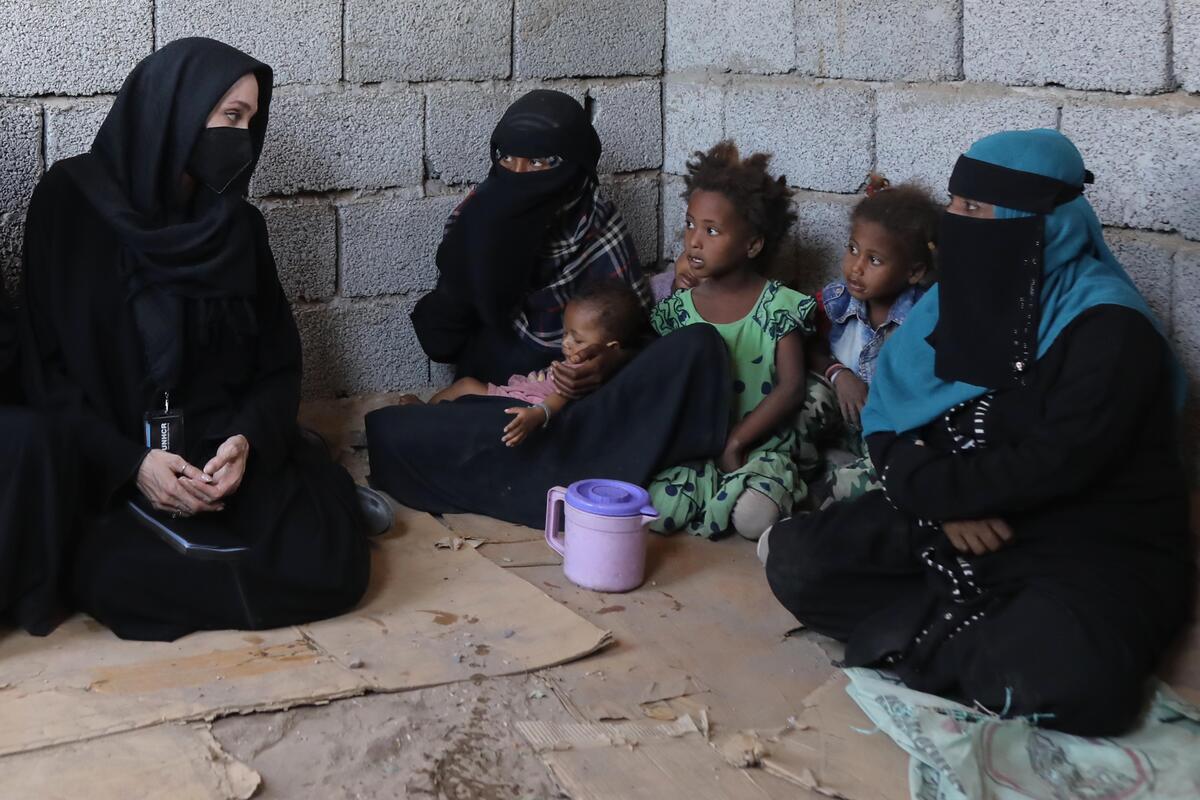Boat tragedy involving refugees and migrants in the Gulf of Aden
Boat tragedy involving refugees and migrants in the Gulf of Aden
UNHCR is deeply saddened by a new boat accident in the Gulf of Aden this weekend involving refugees and migrants. The boat was reportedly carrying 77 men, women and children from Somalia (31) and Ethiopia (46). Thirty-three people were rescued, but the remaining 44 are still missing and feared drowned.
The boat is reported to have departed from Bossasso, in Puntland on the north coast of Somalia, early evening Friday, 7 March. It ran into strong winds and high waves off the coast of the southern Yemeni governorate of Shabwa. According to one of the survivors, the boat quickly filled with water and capsized.
On Sunday morning a marine patrol by UNHCR partner organization Society for Humanitarian Solidarity (SHS) found a number of survivors. Thirty-two people were picked up by early afternoon, and one more later in the day. Other passengers remain missing.
With one exception all the survivors were male. They were brought ashore at Majdaha by SHS staff and given first aid, food, water and clothing before being taken to a transit centre. One 45-year-old man from Southern Somalia said he has lost his two children in the tragedy, unable to reach them in the dark. The sole surviving woman lost her teenage daughter. She said the smugglers had refused to stop the boat when it began taking on water.
The tragedy is the most significant involving refugees and migrants crossing the sea to Yemen in the past year. The number of people making the perilous journey has been declining. From 107,532 arrivals in 2012 the number fell to 65,319 in 2013, and only 2,717 are recorded in the first two months of this year. Nonetheless, the crossings continue and lives are being lost. And this calls for all stakeholders - governments, international and regional organizations, the donor community and civil society - to develop comprehensive responses to reduce and ultimately prevent these hazardous journeys.
Over the past five years, more than half a million people (mainly Somalis, Ethiopians and Eritreans) have crossed the dangerous waters of the Gulf of Aden and the Red Sea to reach Yemen. Reports abound of mistreatment, abuse, rape and torture by unscrupulous smuggling and trafficking rings. Boats crossing to Yemen are overcrowded, and smugglers have reportedly thrown passengers overboard to prevent capsizing or avoid detection. Search-and-rescue officials say the practice has resulted in hundreds of undocumented casualties in recent years.
UNHCR has urged countries in the region to implement measures to help identify refugees and other people with protection needs among those taking to the sea. UNHCR has also called on donor countries and civil society organizations to become more engaged in mixed-migration issues in the Horn of Africa, so as to improve humanitarian responses and help save lives.
UNHCR has worked to enhance services offered to new arrivals in close collaboration with the Mixed Migration Task Force and other partners - including the Government of Yemen, international and national non-governmental organisations and host communities at arrival points.
Additional information
In November 2013 Yemen, together with UNHCR and the International Organization for Migration (IOM), organized a Regional Conference on Asylum and Migration in Sana'a. Participants, including 14 governments from the Horn of Africa and the Gulf States region, discussed challenges and possible solutions. The result was the Sana'a Declaration, which mentions the need to strengthen the refugee protection system in the region alongside addressing the root causes that result in the flight of refugees. The Declaration also mentions the principle of non-refoulement. It also reflects upon the importance of strengthened protection-at-sea initiatives through enhanced search-and-rescue capacity enabling disembarkation in a place of safety, alongside mechanisms for effective international cooperation and burden sharing.
The Sana'a Declaration also agreed on the need for concerted efforts on law enforcement against smuggling and trafficking networks, and on public-awareness efforts amongst communities on the risks this entails. It also underscored the need for enhanced regional and international co-operation among governments to address these issues, including for the return of non-refugee migrants to their countries of origin and for the promotion of legal migration schemes as a contribution to the decriminalization of migratory movements across the Gulf of Aden.
The Sana'a Declaration can be found online at http://www.unhcr.org/531dbb246.html
For more information on this topic, please contact:
- In Sana'a: Zaid al-Alaya on mobile +967 71 222 50 27
- In Geneva: Adrian Edwards on mobile +41 79 557 9120
- In Geneva: Daniel MacIsaac on mobile +41 79 200 7617








